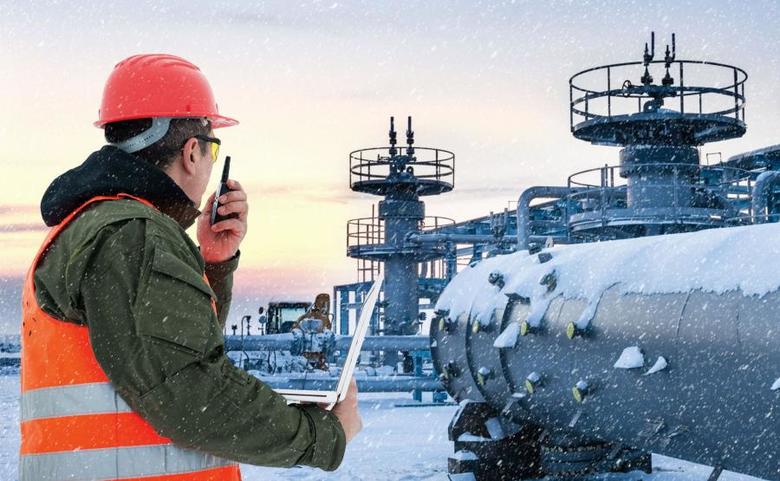
NORD STREAM-2 FOR EUROPE

REUTERS - The European Union is seeking a mandate from members to negotiate with Russia over objections to its plans to build a second pipeline to pump more gas to Europe via the Baltic Sea to Germany, an EU document showed, as some EU states worry it will make Europe too reliant on Russian gas.
Russian state gas exporter Gazprom, which supplies around a third of the EU's gas, with much coming via Ukraine, is keen for Nord Stream 2 to be built by 2019, when it must renegotiate gas transit fees with Kiev.
But the plan has bitterly divided the EU. Eastern European and Baltic Sea states fear a new pipeline will increase their dependence on Russian gas and undermine Ukraine's role, while Germany and other beneficiaries in northern Europe back the plan.
The European Commission and German regulators are at odds over whether EU law should apply to the pipeline.
In a March 28 letter addressed to Denmark and Sweden, the Commission said it was inviting all EU states to voice their concerns and would seek a mandate from EU energy ministers to negotiate an agreement with Moscow on behalf of the bloc.
"It is our view that a specific legal regime would need to be established for the offshore section, and that such specific legal regime should include some fundamental principles stemming from EU energy law," the Commission said.
"It cannot be built or operated ... in a legal void."
Discussions would focus on how EU rules aimed at ensuring competitiveness and transparency in the gas market could be applied to the offshore pipeline, the Commission said.
The March 28 letter followed a request made this year by Denmark and Sweden for Brussels to intervene on Nord Stream 2 before the two states decide on permits for it to pass through their waters. EU diplomats said there was little scope for either nation to block the plan.
Denmark said it was studying the "complex issues" presented by the Commission's response. "We are pleased that the government's effort to get the commission's assessment has borne fruit," a spokesman for Denmark's foreign ministry told Reuters.
EU diplomats, however, said the Commission might struggle to secure enough support from member states given the project has the backing of Germany, the bloc's biggest economy that will host the end-point for the 55 billion cubic meter a year pipeline.
Germany, which rejects broaching questions over the legality of the project at an EU-level, maintained its stance that the project was a purely commercial one on Thursday.
"As soon as the EU Commission presents proposals to the member states, we look to study them carefully," a spokeswoman for the economic ministry said.
"The construction, planning and operations of Nord Stream 2 naturally have to be carried out according to laws in place in Germany and Europe."
The Commission does not yet have a timeline for bringing its proposal to member states, EU officials said.
Under EU rules two thirds of the 28 EU member states representing two thirds of the bloc's population would need to back the offer for the EU to open talks with Russia, they said.
The Commission has negotiated a legally-binding treaty with third countries on a pipeline on behalf of EU members in the past, when it held talks with Azerbaijan and Turkmenistan over the Trans-Caspian pipeline.
EU diplomats said Russian President Vladimir Putin would have to take any decision to abandon or modify plans by Gazprom, which has gas export monopoly.
The Nord Stream 2 project company on Thursday rejected the Commission's suggestion that the project undercut its drive for a single EU energy market.
"It is not up to the European Commission to make a political judgment on whether investments are needed by the market or not," the company said in a statement.
-----
Earlier:

